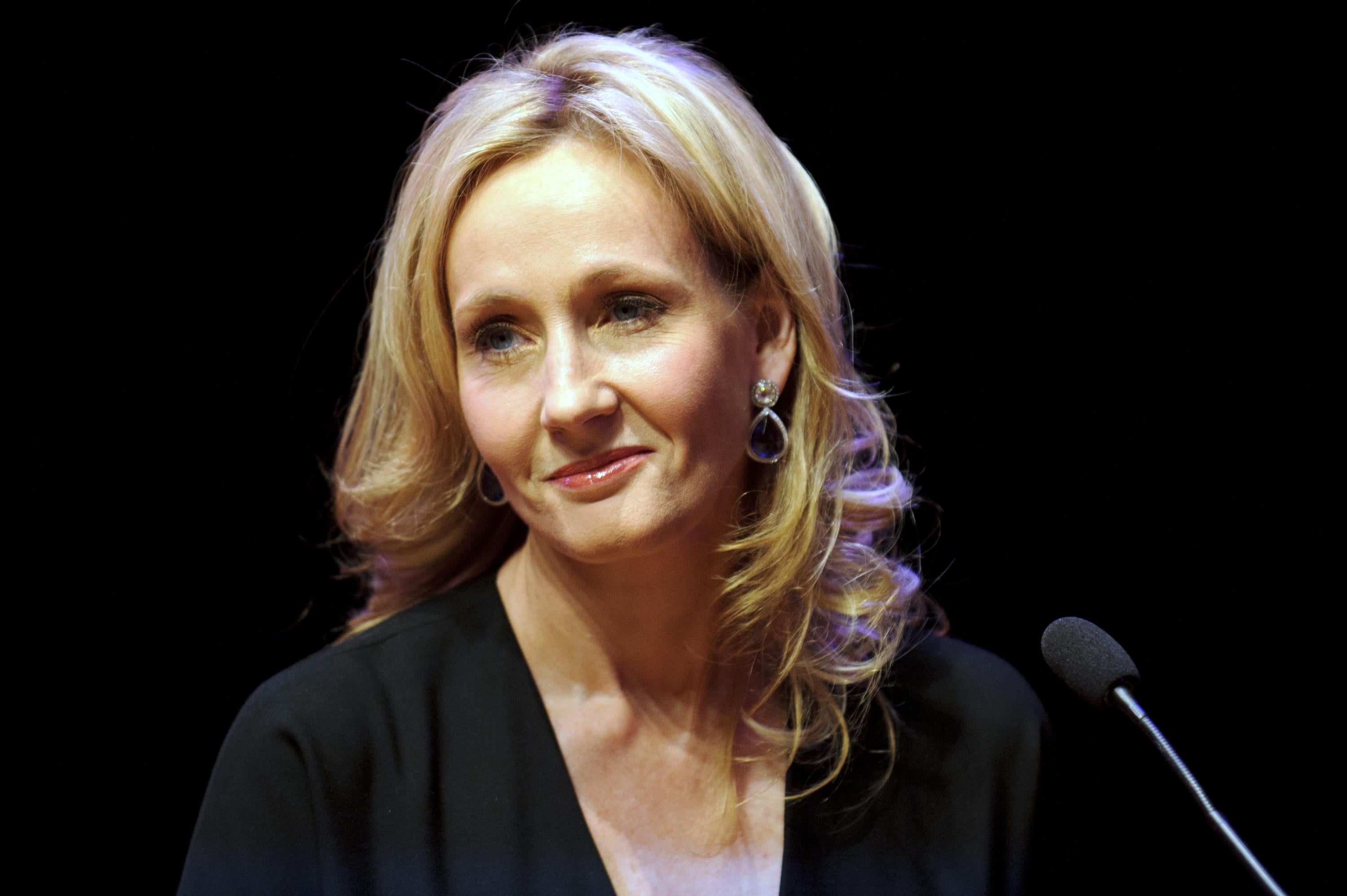“It was the romance every Harry Potter fan wanted to see,” writes Claudia Croft in the Times (of London). “Now J.K. Rowling has admitted she got it wrong by pairing off Hermione Granger with Ron Weasley rather than her franchise’s hero.” Rowling made this admission in an interview with Emma Watson in Wonderland magazine. She “wrote the Hermione/Ron relationship as a form of wish fulfillment,” she told Watson, adding that it “was a choice I made for very personal reasons, not for reasons of credibility.”
What those personal reasons are, and what wish Rowling was fulfilling, are not clear from the quotes that have come out so far. But, in any case, Croft is totally wrong: Not every Harry Potter fan wanted to see Harry get together with Hermione. And, no matter what she’s saying now, Rowling did not get it wrong by pairing Hermione and Ron. To this fan, and many others, Hermione and Ron’s slow burning romance is the best part of the series. (The book series, that is—in the film adaptations there was no chemistry between Watson and Rupert Grint. Or Watson and Daniel Radcliffe, for that matter.)
The main reason Hermione is obviously destined to end up with Ron is that Hermione’s and Ron’s personalities complement each other. Where Hermione is high-strung and domineering, Ron is easy-going and relaxed. When Hermione takes things too seriously, Ron makes dumb jokes. Hermione has logical-mathematical intelligence; Ron has interpersonal intelligence. Ron is the yin to Hermione’s yang, the Oscar to her Felix. He smooths out her rough edges, and she brings out his self-confidence. Together, they are a classically well-matched couple.
Harry, on the other hand … Harry is stubborn, short-tempered, and self-obsessed. Like Hermione, he takes things—especially himself—way too seriously. Imagining Harry and Hermione in a committed romantic relationship is like imagining two blast-ended skrewts locked in the cupboard under the stairs. Both are far too headstrong, neurotic, and ambitious to coexist peacefully.
Apart from the fact that Ron and Hermione were made for each other, there are other galling things about Rowling’s disavowal of her narrative choices. She claims now that Ron and Hermione’s relationship lacks “credibility.” Why should this be? Is it so difficult to believe that an intelligent, type-A woman would want to be with a kind, charismatic, supportive, but penniless guy? Does Rowling really think her wildly popular children’s books would have been better if they suggested that smart women are only well matched with traditionally successful men? (Harry, for all his personality flaws, is certainly traditionally successful—athletic, rich, famous.) The way that Ron and Hermione’s relationship defied traditional gender roles is part of what made it so charming. For Rowling to disavow it now is disappointing.
Some Harry Potter fans, like Time’s Samantha Grossman, are disappointed that Rowling “didn’t … acknowledge the possibility that Hermione didn’t need to marry Ron OR Harry.” Indeed, the series would be even more progressive if it hadn’t ended with all the main characters—Harry and Ginny, Hermione and Ron—tidily matched up and destined to live happily ever after. It might have been more interesting if Harry realized that he was actually in love with Ron this whole time, or if Hermione decided she was too young, at 17, to commit to someone for the rest of her life. Then again, some couples who meet young really do go the distance. And, as written, Hermione and Ron seem like one of those couples.
